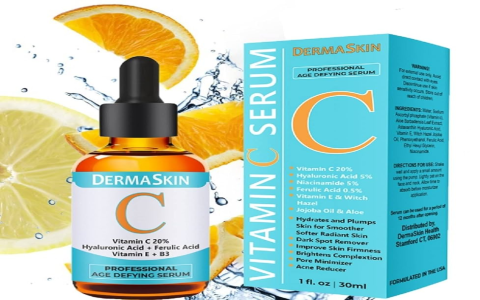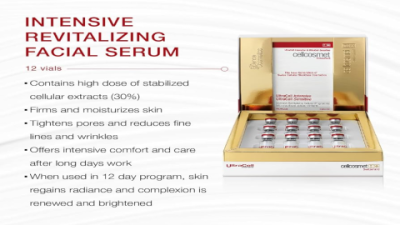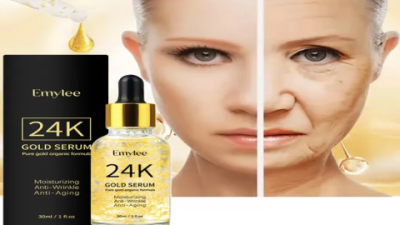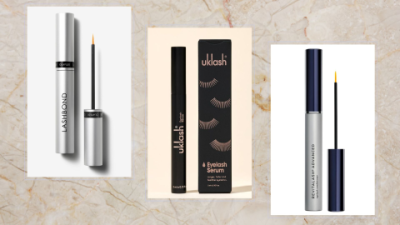I'll be honest with you – I was skeptical when I first heard about Brownkind's vitamin C serum. After trying what feels like dozens of vitamin C products that either did nothing for my skin or left me looking like a tomato, I wasn't exactly jumping up and down with excitement. But here I am, three months later, writing about why this one actually caught my attention.
You know how it is with skincare, especially when you have darker skin. Most products seem to be made for everyone else, and then there's us, wondering if we're doing something wrong when nothing seems to work quite right. The vitamin C aisle at Sephora? It's basically a minefield of products that promise the world but deliver... well, not much.
What got me curious about Brownkind was that they actually seemed to understand this frustration. Finally, a brand that wasn't trying to be everything to everyone.
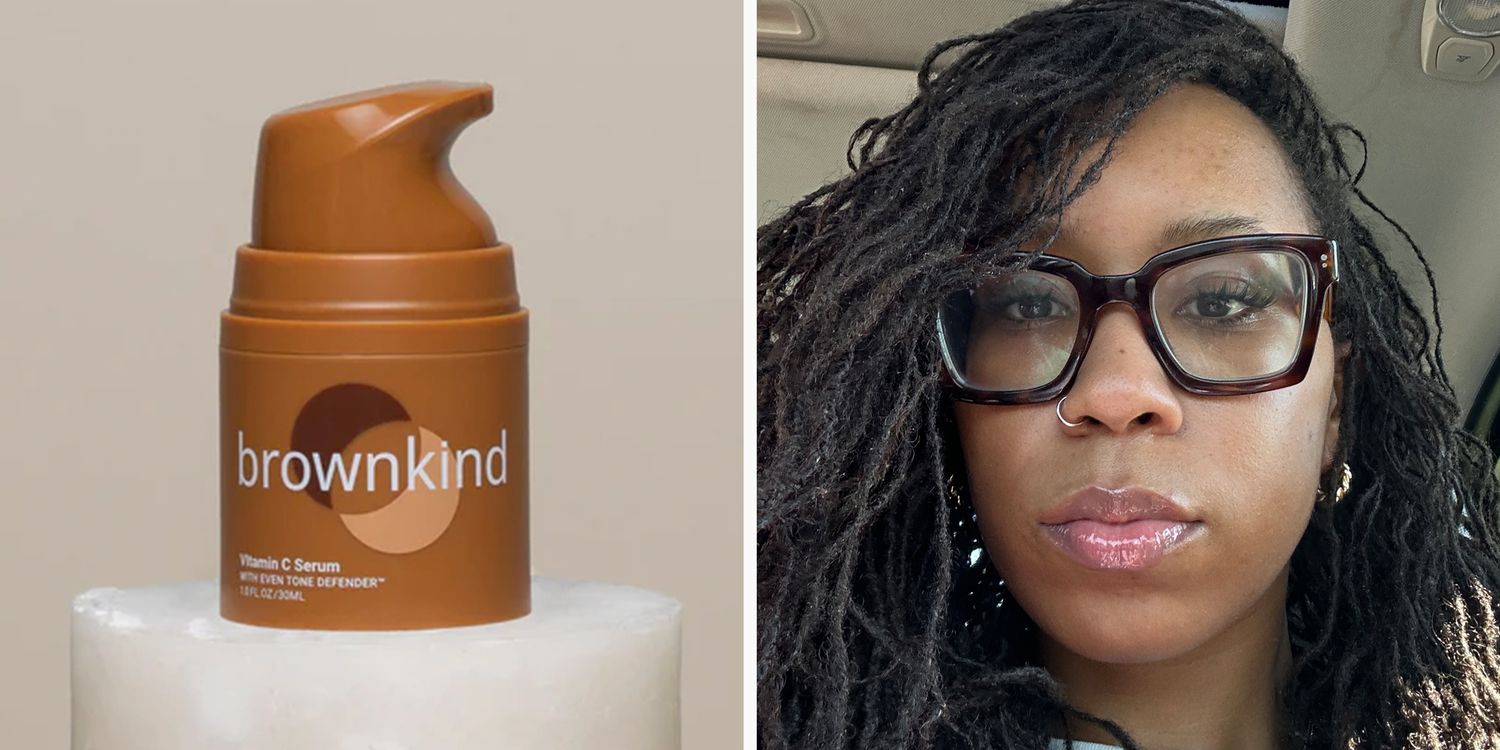
What Makes This Different (And Why I Actually Paid Attention)
Look, I'm not a chemist, but I've read enough ingredient lists to know when something looks promising. Brownkind's approach with their Even Tone Defender™ technology – yeah, I know, fancy marketing name – but the idea behind it made sense. Instead of throwing the same old L-ascorbic acid at us and hoping for the best, they actually thought about how melanin works.
Here's the thing that really got my attention: they use multiple forms of vitamin C. Not just the unstable stuff that turns orange in your bathroom cabinet after two weeks. We're talking about magnesium ascorbyl phosphate and sodium ascorbyl phosphate – the stable cousins that actually stick around long enough to do something useful.
And can we talk about how refreshing it is to see kojic acid in there? Finally, someone who gets that we need ingredients that actually address hyperpigmentation, not just... general brightening whatever that means.
Breaking Down What's Actually In This Thing
I made a little chart because, let's face it, this stuff matters when you're dropping serious money on skincare:
| What's In It | How Much | What It Does | Why I Care |
|---|---|---|---|
| Vitamin C Complex | 15-20% | Brightens, fights free radicals | The main event |
| Kojic Acid | 2% | Stops melanin production | Actually targets dark spots |
| Alpha Arbutin | 1% | Lightens existing marks | Gentler than hydroquinone |
| Hyaluronic Acid | 1.5% | Hydrates like crazy | Keeps skin plump |
| Vitamin E | 0.5% | Protects the vitamin C | Prevents oxidation |
That kojic acid inclusion? *Chef's kiss* Finally, someone who understands that our skin needs targeted help, not just generic "brightening." And at 2%, it's strong enough to work but not so harsh that you'll end up looking like you stuck your face in bleach.
The alpha arbutin is interesting too. It's basically hydroquinone's gentler cousin – does the same job of blocking melanin production but without the drama. I've used hydroquinone before, and while it works, it's not exactly something you want to use long-term if you can help it.
The Science Stuff (Don't Worry, I'll Keep It Simple)
Okay, so here's where it gets a little nerdy, but stay with me because this is important. Our skin – melanin-rich skin – is different. I know, groundbreaking discovery, right? But seriously, most skincare companies seem to miss this memo entirely.
The thing is, melanin doesn't just make our skin darker; it actually changes how ingredients penetrate and work. It's like having a built-in shield, which is great for UV protection but not so great when you're trying to get vitamin C where it needs to go.
That's why so many regular vitamin C serums just... don't work for us. They're formulated for skin that doesn't have that protective melanin barrier. Brownkind gets this, which is why their concentration is higher and why they use those penetration enhancers I mentioned.
The pH optimization thing is smart too. Most vitamin C serums are super acidic, which can be irritating. This one hits that sweet spot where it's effective but not going to turn your face into an angry red mess.
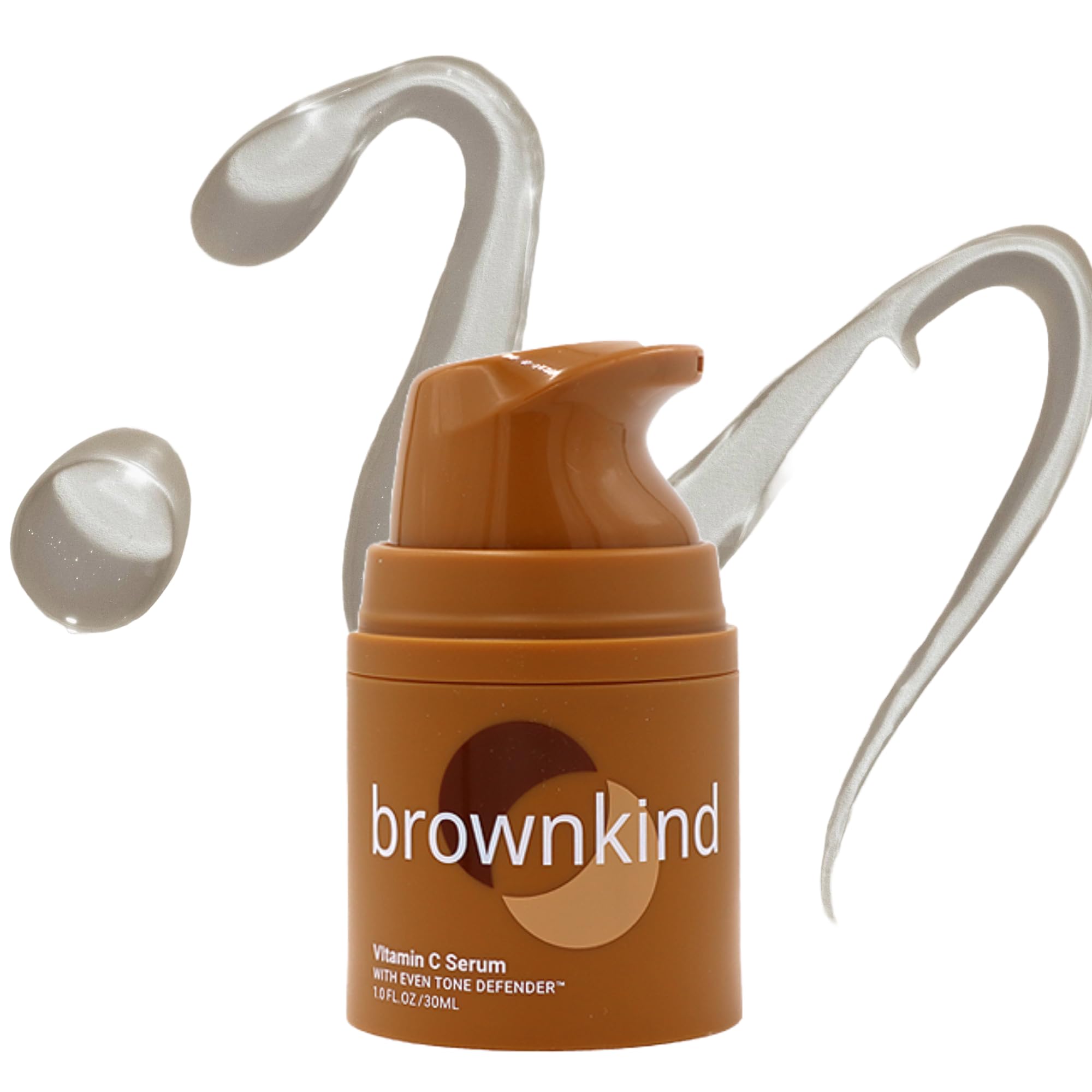
And here's something I found fascinating – melanin-rich skin actually has different inflammatory responses. That post-inflammatory hyperpigmentation we all know and love? Yeah, that's our skin overreacting to irritation. So a gentler vitamin C that doesn't cause irritation in the first place? That's preventive care right there.
What It's Actually Like to Use
First thing I noticed – the texture. It's not sticky, it's not goopy, it actually absorbs. I know that sounds like a low bar, but you'd be surprised how many serums fail this basic test. It goes on smooth, sinks in within about seconds, and doesn't interfere with whatever else you're putting on your face.
I started slow because I've learned my lesson with jumping headfirst into new actives. Every other day for the first week, then daily after that. No irritation, no stinging, no drama. Just... normal skin that felt slightly more hydrated.
The scent is barely there – just a very faint, clean smell that disappears quickly. None of that weird metallic vitamin-y smell that some serums have.
I use it in the morning because that's when you get the most antioxidant benefits. Three drops, press into clean skin, follow with moisturizer and SPF. Simple routine, no complications.
The Real Question: When Do You Actually See Results?
Here's where I have to be real with you because everyone wants to know the timeline, and skincare marketing loves to make promises about "overnight transformations" that just aren't realistic.
Week 1-2: Honestly? Not much. Maybe slightly better texture, a tiny bit more radiance, but nothing dramatic. This is normal. Anyone promising week-one miracles is lying to you.
Week 3-4: This is where I started noticing things. My skin looked... brighter? More even? It's hard to describe, but that general dullness was starting to fade. The kind of change where you can't put your finger on what's different, but something definitely is.
Week 6-8: Okay, now we're talking. Dark spots from old breakouts were definitely lighter. Not gone, but noticeably faded. My overall skin tone looked more uniform, less blotchy.
Month 3: This is where I became a believer. Stubborn marks that had been camping out on my cheeks for months were finally packing their bags. New breakouts weren't leaving behind the usual dark spots that take forever to fade.
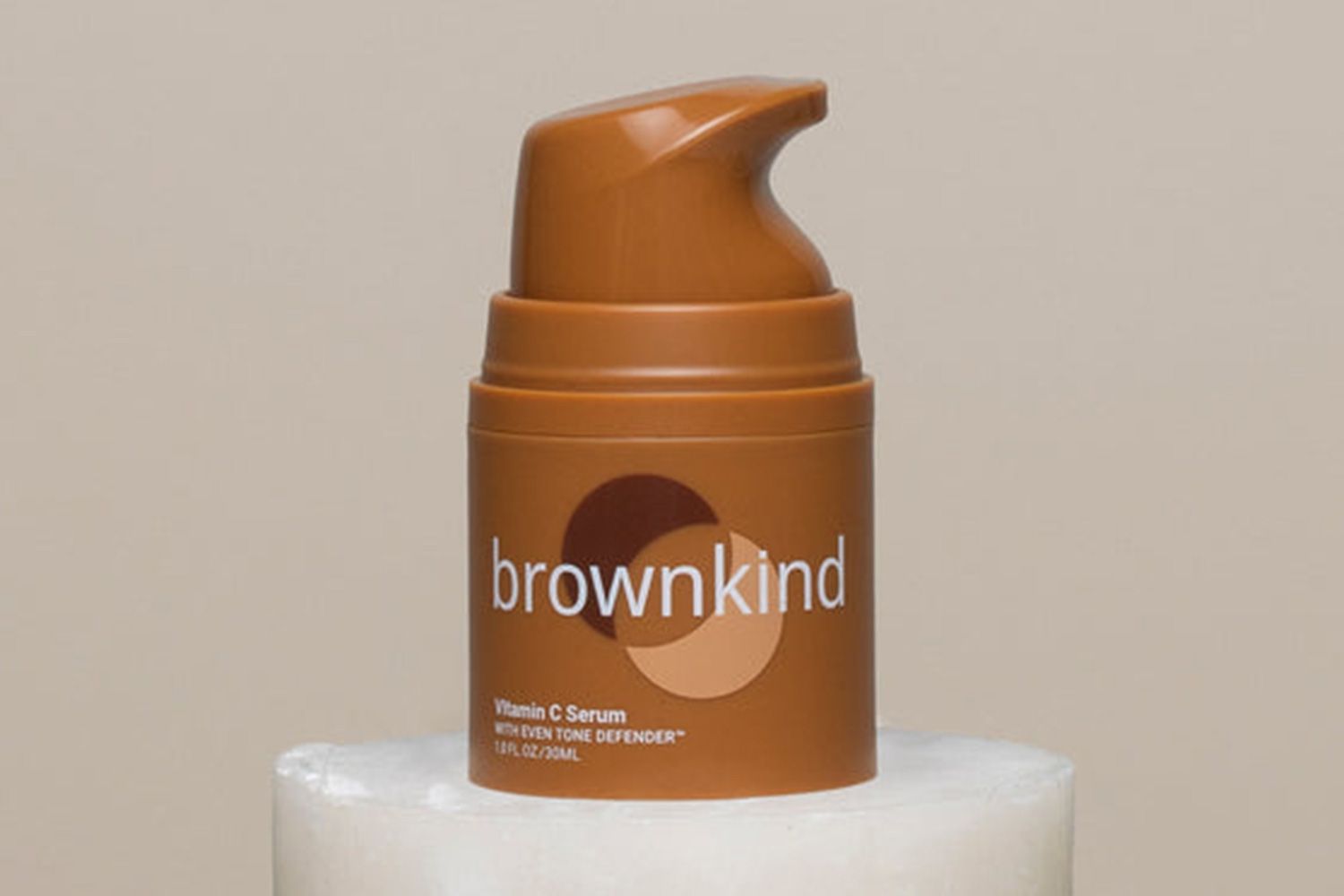
The key word here is consistent. I used it every single day. No skipping, no "I'll start again on Monday" nonsense. Consistency is everything with vitamin C.
Different Skin Types, Different Experiences
I have combination skin that leans oily, and this worked great for me. But I asked around (because I'm nosy like that) and got feedback from friends with different skin types.
Oily skin: Love it. Absorbs fast, doesn't add shine, plays well with other products. Results tend to show up faster, probably because of better penetration.
Dry skin: Generally good, but you definitely need a good moisturizer on top. The hyaluronic acid helps, but it's not enough on its own if you're dealing with serious dryness.
Sensitive skin: Mixed results. Most people tolerate it well, but a few had to start even slower than the recommended introduction period. Patch testing is your friend here.
The Not-So-Great Parts (Because Nothing's Perfect)
Let's be real – no product is perfect, and anyone who tells you otherwise is trying to sell you something.
The price: It's not cheap. At around $ for a 1oz bottle, it's definitely an investment. Yes, a little goes a long way, but still. Ouch.
Oxidation anxiety: Like all vitamin C serums, this can oxidize if you're not careful. Keep it cool, keep it dark, use it up within a reasonable timeframe. I've had bottles go bad because I forgot about them in my bathroom cabinet.
Patience required: If you're looking for instant gratification, this isn't it. Real results take months, not days.
Sun protection is non-negotiable: I cannot stress this enough – if you're using any brightening treatment and not using SPF religiously, you're basically throwing your money away.
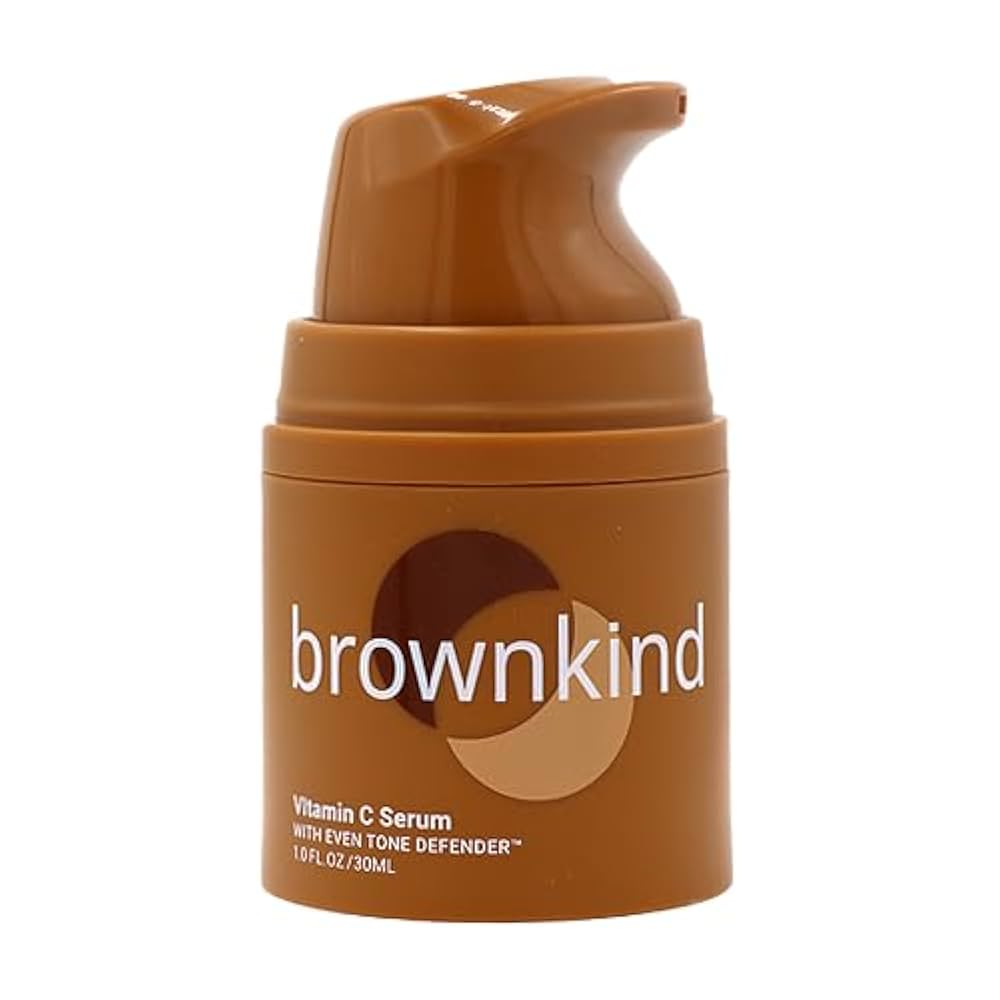
How Does It Stack Up Against the Competition?
I've tried Skinceuticals CE Ferulic (broke me out), SkinMedica Vitamin C+E Complex (meh results), and a bunch of drugstore options that shall remain nameless. Here's how Brownkind compares:
Vs. Skinceuticals: Less irritating, similar results, way better for melanin-rich skin specifically. But Skinceuticals has more research behind it.
Vs. SkinMedica: Better absorption, more targeted ingredients for hyperpigmentation, comparable price point.
Vs. drugstore brands: More expensive, but you get what you pay for in terms of formulation quality and stability.
The specialized approach to melanin-rich skin is what sets it apart. Most other brands are trying to be everything to everyone, and that's just not how skincare works.
Questions I Keep Getting Asked
Can I use it with retinol?
Not at the same time. Vitamin C in the morning, retinol at night. Your skin will thank you for not mixing actives unnecessarily.
What if I'm already using niacinamide?
Should be fine. I use both and haven't had issues, but introduce things slowly and see how your skin reacts.
Is it worth the money?
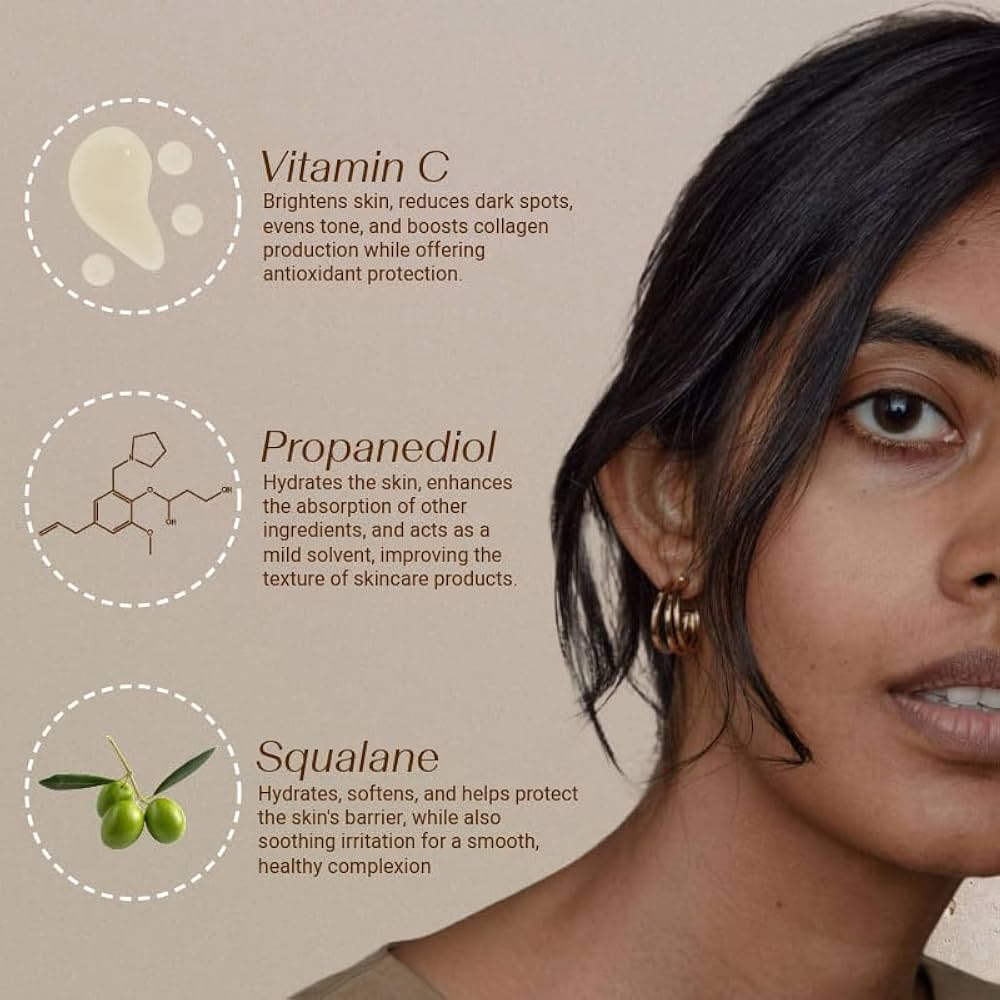
Depends on your priorities and budget. If you've been struggling with hyperpigmentation and have the money to invest, probably yes. If you're just starting out with vitamin C, maybe try something cheaper first to see how your skin reacts to the ingredient in general.
How long does one bottle last?
About 2- months with daily use, which isn't terrible considering how concentrated it is.
Should I refrigerate it?
Not necessary, but it won't hurt. Just keep it somewhere cool and dark.
My Honest Take: Is It Worth It?
After three months of consistent use, I'm genuinely impressed. Not "OMG life-changing miracle" impressed, but "this actually does what it says it does" impressed, which is honestly more valuable.
The targeted approach to melanin-rich skin makes a difference. I've used generic vitamin C serums before, and while some worked okay, this one just... works better. My skin looks more even, brighter, and new dark spots fade faster than they used to.
Is it perfect? No. Is it expensive? Yes. But if you're specifically looking for a vitamin C serum that understands the unique needs of darker skin tones, and you have the budget for it, I think it's worth trying.
The biggest thing is managing expectations. This isn't going to transform your skin overnight, and it's not going to fix everything. But what it will do is gradually, consistently improve your skin tone and help prevent new hyperpigmentation from sticking around as long.
For me, that's been worth the investment. Your mileage may vary, but at least now you know what you're getting into.
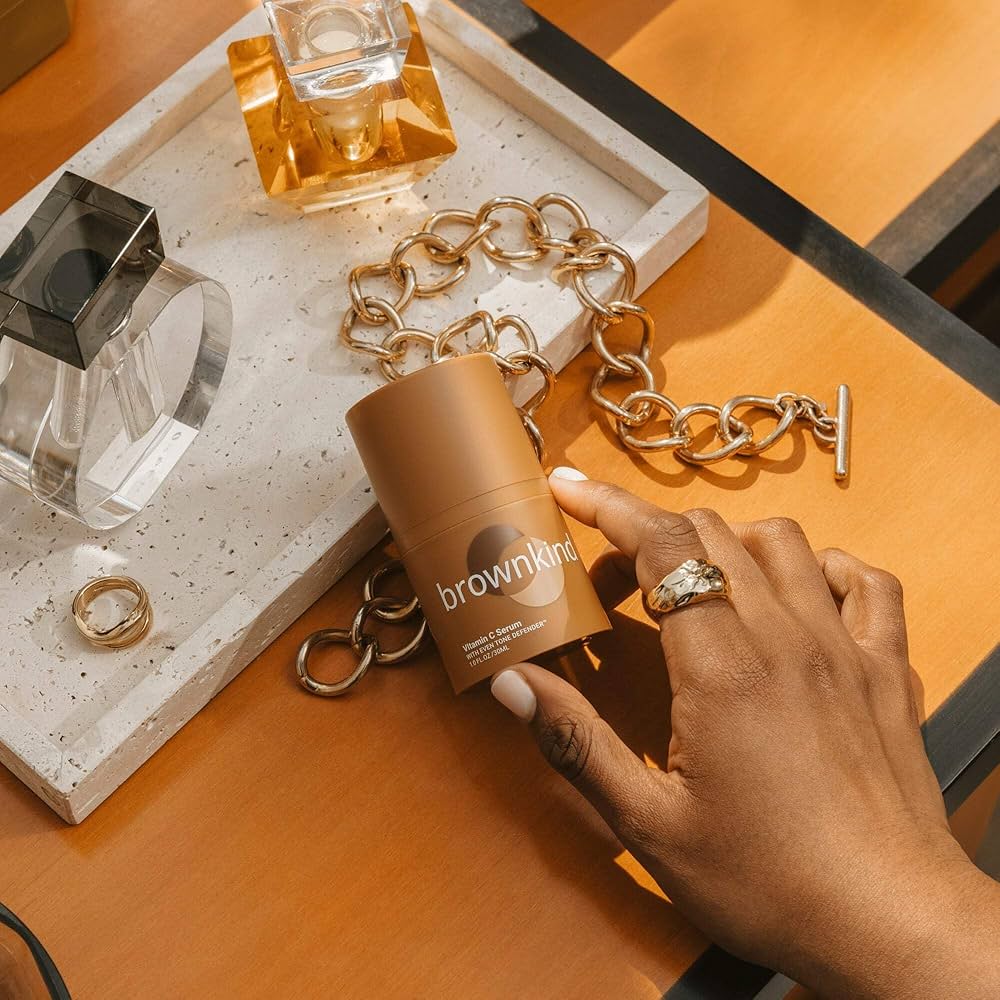
Bottom line: Brownkind's vitamin C serum does work, but it works the way real skincare works – slowly, steadily, and with consistent use. If you're okay with that timeline and have realistic expectations, you'll probably be happy with the results.
